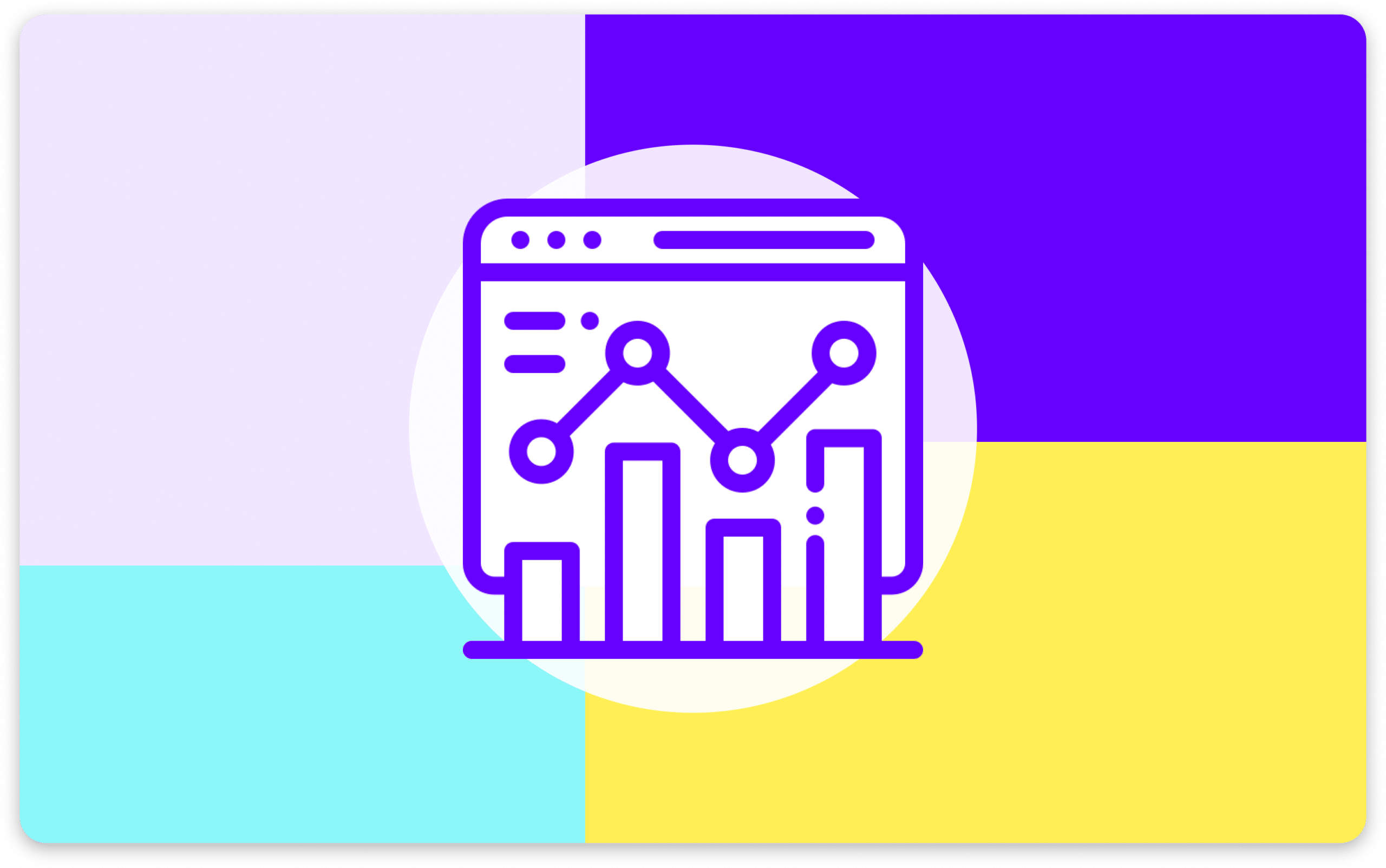En el mundo actual la analítica es fundamental para que las empresas puedan tomar decisiones inteligentes y bien pensadas. Decisiones sustentadas en datos concretos, actualizados y relevantes. Las operaciones que competen a la cadena de suministro son generadoras de enormes cantidades de datos.
Dichos datos deben estudiarse para mostrar los posibles patrones que luego sirvan para generar planes de trabajo, operativos o de negocio. Supply chain analytics permite incluir la gestión de herramientas novedosas como la tecnología de inteligencia artificial y analítica.
La analítica en la cadena de suministro, procesamiento de datos
La analítica es un proceso de análisis automático de numerosos datos que luego se utilizan para la optimización del supply chain. Esto se hace a través de la identificación de errores en los pronósticos y una mejor visualización de oportunidades, precisar las necesidades e incluir innovaciones.
Supply chain analytics puede ejecutarse con distintas metodologías:

Descriptiva
Se usa para visibilizar todos los datos internos y externos relacionados con las cadenas de suministros unificando toda la información.
Prescriptiva
Es el método analítico ideal para solucionar los errores de pronóstico o cualquier otro tipo de problemas y así aumentar el rendimiento y la productividad de la empresa. También, es el tipo de analítica que optimiza las relaciones con la logística para reducir esfuerzos y tiempo.
Predictiva
Es una analítica para la comprensión de proyecciones y resultados probables en el futuro y las consecuencias. Es una examinación que sirve para disminuir riesgos.
Cognitiva
Se emplea para atender asuntos complejos o precisos dentro de la cadena. Por ejemplo, para optimizar determinadas tareas a través de análisis de lenguaje natural de los empleados.
En definitiva, el supply chain analytics puede impactar de manera positiva en el resto de decisiones que competen a los demás departamentos de la empresa. Establecer un orden en la forma en la que se tomarán las decisiones, mantener y contratar talento e implementar nuevas herramientas, equipos y maquinarias de acuerdo con el estudio de datos.
Análisis de datos con inteligencia artificial

La analítica de big data puede superar las limitaciones de las tecnologías que no analizan en tiempo real los datos. Adicional, la inteligencia artificial puede correlacionar de manera veloz distintas fuentes de información y llegar a interpretaciones muy acertadas que a futuro pueden impulsar novedosos modelos de negocio.
El supply chain analytics funciona conectando datos no estructurados desde distintas redes. Incluso datos conseguidos desde el Internet de las Cosas y otras bases más convencionales, por ejemplo, herramientas ERP.
Asimismo, se trata de un estudio escalable que genera rápidos insights integrales. Esta analítica en la nube facilita la colaboración con otras empresas y hace mucho más efectivas las alianzas comerciales.
El supply chain analytics funciona optimizando las siguientes partes de la cadena de suministro:
- La clasificación rápida de productos y así decidir sobre el inventario.
- El pronóstico de demanda, estimando cómo impacta la explosión de los materiales de acuerdo al funcionamiento de la productividad de tu empresa.
- Optimiza el cálculo de indicadores sin la necesidad de ajustar datos de forma manual.
- Reduce los tiempos para aprobar las órdenes de compra implementando una planeación de compra estratégica.
Las ventajas y mejoras de la analítica aplicada a la supply chain son bastante significativas:
- Aumento del ROI. Las empresas que hacen uso de esta herramienta aumentan considerablemente su retorno de la inversión gracias a decisiones más eficientes.
- Comprensión de riesgos. Los datos ayudan a abordar mejor los riesgos ya detectados y, al mismo tiempo, reconocer los peligros futuros. Asimismo, el análisis permite estudiar las tendencias.
- Precisar los pronósticos de demanda. Al optimizar la planificación se podrán satisfacer con mayor calidad las necesidades de los clientes antes y después de un primer pedido. Del mismo modo, el estudio de datos mejora la organización de productos minimizando los menos rentables.
- Alcanzar más rendimiento y austeridad. Las decisiones hechas con base a una información más veraz logran puntos de reorden con un rendimiento exitoso de la gestión de almacenes y atención de socios y proveedores.
- Ventajas para el futuro y frente a competidores. La analítica avanzada y con tecnología de inteligencia artificial de datos estructurados y no estructurados minimizan todos los riesgos a un menor coste.
Si buscas para tu empresa la capacidad para anticipar las necesidades de los clientes y brindarles una atención de primera, dispón de nuestra solución de inteligencia artificial con una implementación segura y sencilla. Contáctanos
